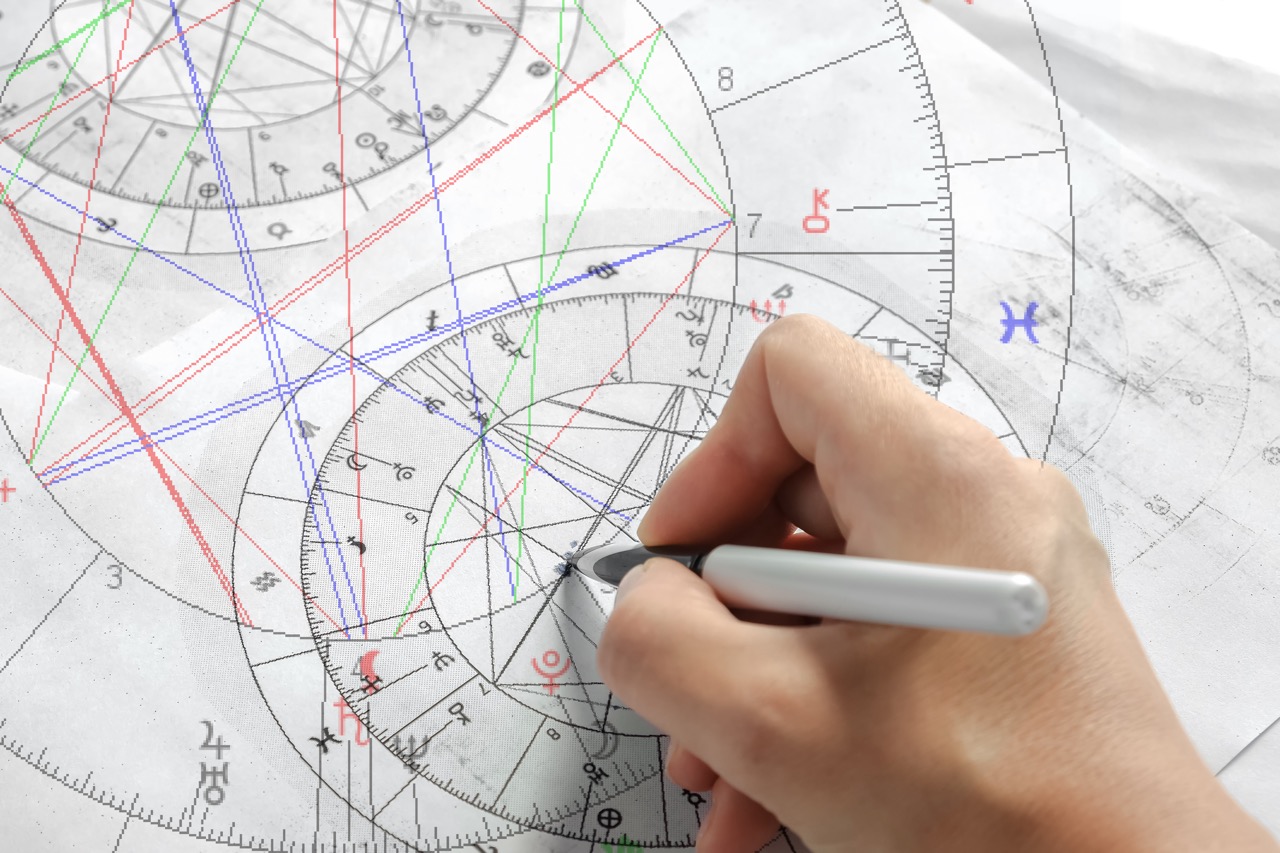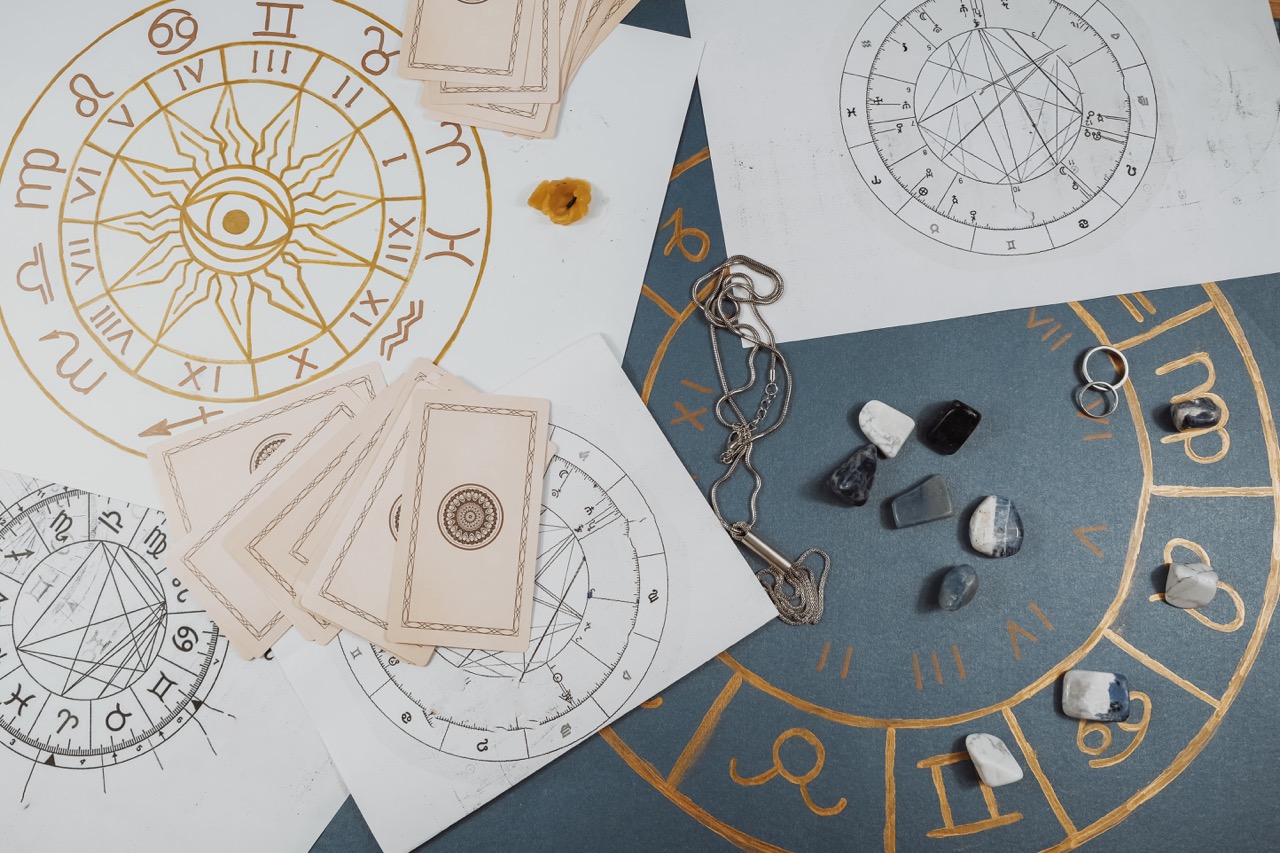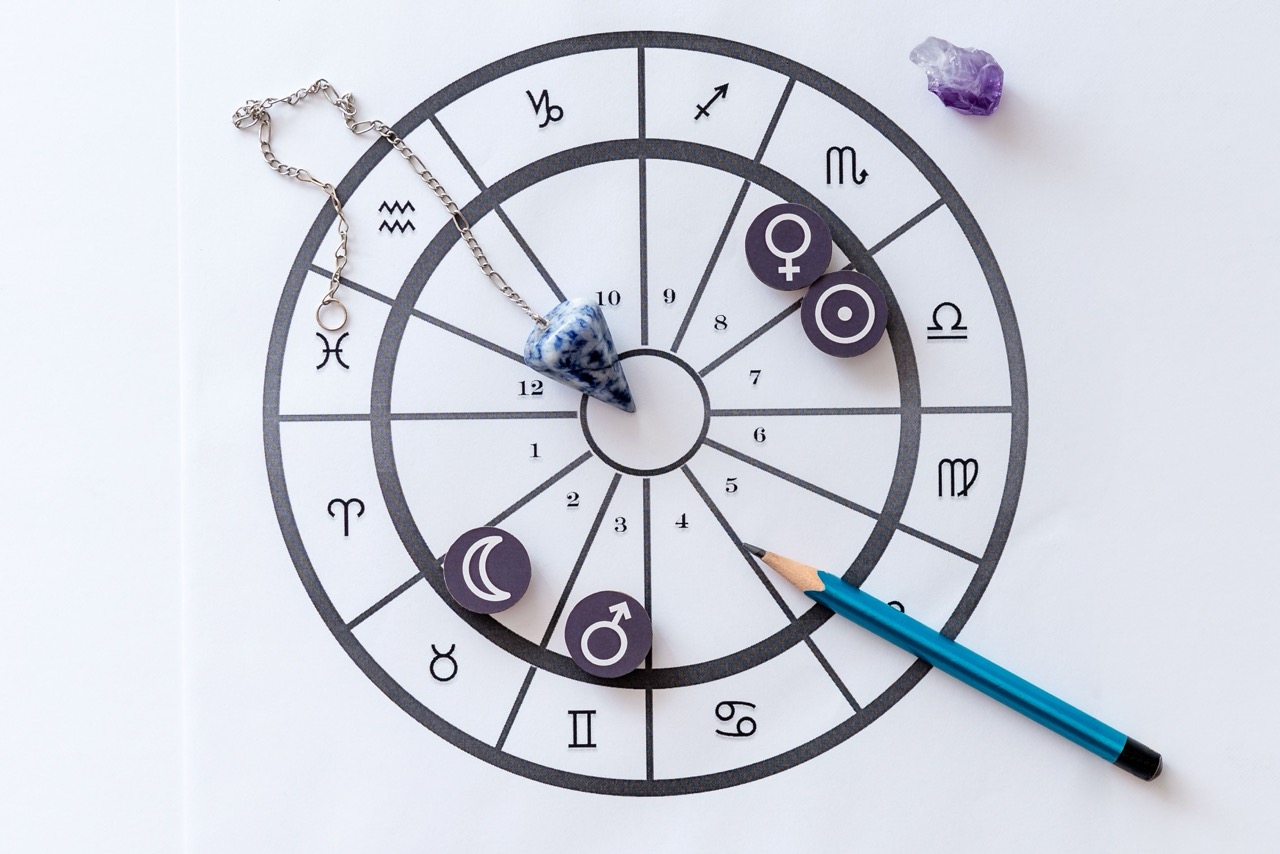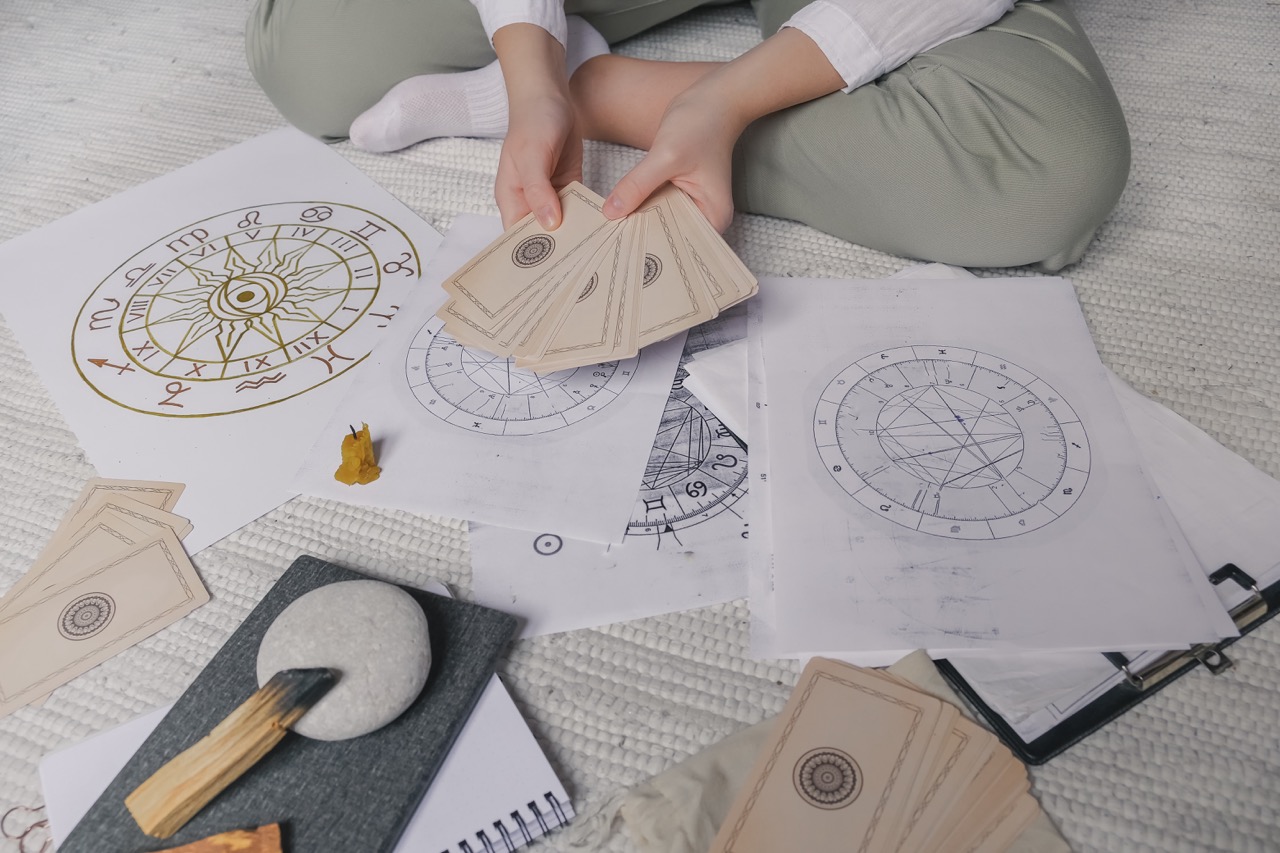In the tapestry of ancient civilizations, the stars shone brightly, guiding the hearts and minds of those who gazed upward. Astrology, the art of interpreting celestial phenomena, was not merely a curiosity but a vital component of everyday life. From the priests of Mesopotamia to the philosophers of Greece, the cosmos held secrets that illuminated the paths of rulers, farmers, and common people alike. This article explores the multifaceted role astrology played in ancient societies, revealing how celestial bodies shaped destinies, cultures, and the very rhythms of life.
Celestial Maps: The Stars as Ancient Guides to Life
In ancient civilizations, the night sky was a vast canvas painted with the stories of gods, heroes, and cosmic events. People crafted celestial maps, identifying constellations that served as guides for navigation and agriculture. For the Egyptians, the heliacal rising of Sirius heralded the annual flooding of the Nile, a phenomenon that was crucial for farming. Similarly, the Babylonians meticulously tracked the movements of planets, believing that these celestial wanderers influenced earthly affairs.
Celestial maps were not merely functional; they were imbued with spiritual significance. Cultures like the Mayans and the Chinese developed their own systems of astrology, embedding their cosmological beliefs into the fabric of daily life. For instance, the Mayans established a complex calendar system based on celestial observations, intertwining the cycles of the heavens with their agricultural practices and religious rituals. The stars were not distant objects; they were vibrant participants in the tapestry of existence.
As societies evolved, so did their celestial interpretations. The Greeks, through the work of philosophers such as Ptolemy, formalized astrology into a sophisticated science that sought to connect human experience with cosmic events. This melding of observation and philosophy laid the groundwork for future astrological practices, emphasizing the stars as guides in navigating the human experience. Thus, celestial maps became the ancient guides illuminating the pathways of life, weaving a narrative that connected the heavens to the earth.
Divination and Destiny: Astrology’s Influence on Leaders
In the corridors of power, astrology was more than a mystic art; it was a tool for leaders seeking to navigate the uncertainties of their reign. Kings and emperors often consulted astrologers to determine auspicious times for battles, treaties, and coronations. The Roman Emperor Augustus, for instance, was known to have consulted the stars to time his military campaigns, believing that divine favor could be aligned through celestial timing. This reliance on astrology not only demonstrated the leaders’ devotion to the cosmos but also solidified their authority in the eyes of their subjects.
Astrology served as a means of divination, providing insights into the future that leaders could manipulate to their advantage. In ancient China, the concept of the Mandate of Heaven intertwined with astrological principles, suggesting that a ruler’s legitimacy was directly linked to cosmic harmony. If the heavens were in disarray, it was seen as a sign that the ruler had lost the divine favor necessary to govern. Thus, astrology became a barometer of political stability, dictating the rise and fall of dynasties based on celestial events.
Moreover, the influence of astrology permeated the decision-making processes of various leaders. In the ancient Indian texts, the “Nakshatras” were used to analyze the horoscopes of rulers, providing them with insights into their character traits and potential challenges. The marriage of astrology with governance created a symbiotic relationship, where celestial wisdom informed earthly power, and the fates of nations were believed to be woven into the very fabric of the stars.
Cosmic Connections: How Cultures Interpreted the Skies
Different cultures have developed unique interpretations of the skies, creating a rich tapestry of astrological beliefs. The Greeks, for instance, merged their mythology with celestial observation, attributing human qualities to the stars and planets. They believed that these celestial bodies influenced human behavior and character, leading to the development of horoscopes that sought to reveal individuals’ destinies based on their birth.
In contrast, the indigenous cultures of North America viewed the stars as ancestors and spirits, integrating astrology into their spiritual practices. The Lakota people, for example, saw the constellation Ursa Major as the Great Bear, whose movements were interpreted as messages from the spirit world. This connection between the cosmos and the spiritual realm reinforced the idea that the heavens were not just physical phenomena but were deeply reflective of the human experience.
The interpretations of the cosmos extended to the understanding of time and cycles in ancient societies. Many cultures created myths and legends that explained celestial events, fostering a sense of unity and continuity with the universe. The stories of the stars became moral fables passed down through generations, instilling values and beliefs that helped shape the identity of these cultures. Thus, the cosmic connections woven by astrology served not only as a guide for individuals but as a bridge between humanity and the universe itself.
Timekeepers of the Universe: Calendars and Celestial Cycles
Calendars in ancient civilizations were intricately tied to celestial cycles, providing a framework for understanding time and its passage. The Egyptians utilized a solar calendar that tracked the annual flooding of the Nile, while the Mayans developed a complex calendar system that incorporated both solar and lunar cycles, revealing a deep understanding of astronomical patterns. These calendars were essential for agricultural practices, enabling societies to plant and harvest crops in sync with the rhythms of nature.
Astrology also played a critical role in the creation of religious calendars, marking sacred days and festivals aligned with celestial events. The cycles of the moon were particularly significant, as lunar phases influenced not only agricultural activities but also spiritual rituals. For instance, many ancient cultures celebrated festivals that coincided with the new and full moons, believing these times were charged with powerful energies that could influence their lives.
The alignment of celestial bodies with earthly events created a profound sense of order and predictability in the lives of ancient peoples. By tracking astrological phenomena, societies could anticipate changes in the seasons, weather patterns, and even social dynamics. This mastery of celestial cycles allowed civilizations to thrive, as they adapted their practices to harmonize with the universe, reinforcing their connection to the cosmos and the divine.
Rituals and Rites: Astrology in Religion and Daily Life
Astrology was deeply interwoven with the religious practices of ancient civilizations, serving as a framework for understanding the divine will. Temples often housed astrologers who interpreted celestial phenomena as messages from the gods. In ancient Mesopotamia, priests would observe planetary movements and consult omens to guide both personal and state affairs. This blend of astrology and religion fostered a worldview where the heavens were seen as a reflection of divine intentions, influencing the rituals performed by the people.
Daily life in ancient cultures was punctuated by astrological rites that sought to appease the gods and ensure harmony. Festivals were often timed according to astrological events, with rituals dedicated to specific deities associated with celestial bodies. In ancient Egypt, for example, the rising of the star Sirius was celebrated with elaborate ceremonies that marked the beginning of the new year, symbolizing rebirth and renewal. These rituals reinforced community bonds and offered a shared sense of purpose and connection to the divine.
Moreover, astrology provided a structure for personal decision-making. Individuals consulted astrologers for guidance on marriage, childbirth, and other significant life events, seeking to align their choices with the cosmic order. The belief that celestial influences could dictate personal fate fostered a culture of reverence toward the stars, prompting people to integrate astrological considerations into their everyday decisions. This blend of spirituality and practicality ensured that astrology remained a vital aspect of both religious and daily life, shaping the identities of ancient civilizations.
The Legacy of the Stars: Astrology’s Echo Through Time
The influence of astrology in ancient civilizations is a legacy that continues to resonate in contemporary society. Despite the advancements in science and technology, many people still look to the stars for guidance, seeking astrological insights into their personalities, relationships, and futures. The modern resurgence of interest in astrology reflects humanity’s enduring fascination with the cosmos and its mysteries, highlighting the timeless connection that exists between people and the universe.
Astrology’s impact can be seen in literature, art, and philosophy throughout history. From the writings of Shakespeare, who often referenced astrological themes, to the art inspired by celestial phenomena, the echoes of ancient astrological practices continue to enrich cultural expressions. Furthermore, the philosophical underpinnings of astrology have influenced various spiritual movements, merging ancient wisdom with modern interpretations of cosmic interconnectedness.
As we navigate the complexities of the modern world, the lessons of ancient civilizations remind us of the importance of our connection to the universe. Astrology encourages introspection and self-awareness, inviting us to explore the alignment of our inner selves with the celestial rhythms that govern our lives. This timeless dance between the stars and human existence serves as a reminder that we are all part of a larger cosmic story, a narrative shaped by the celestial bodies that have guided humanity since the dawn of time.
In exploring the role of astrology in ancient civilizations, we uncover a rich history that intertwines the cosmos with the human experience. From celestial maps that guided farmers and navigators to the astrological insights that influenced the decisions of rulers, the stars were integral to understanding life, time, and destiny. As we reflect on astrology’s legacy, we recognize that the ancient wisdom of the stars continues to inspire curiosity and connection in a modern world, reminding us that our stories are forever intertwined with the cosmos.




